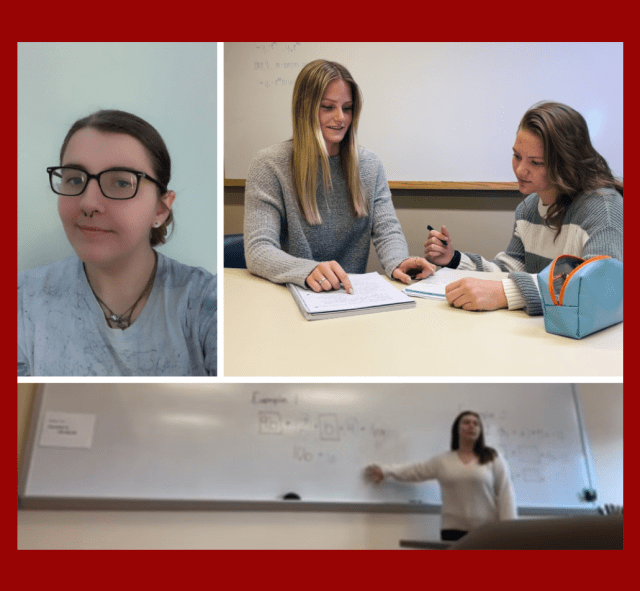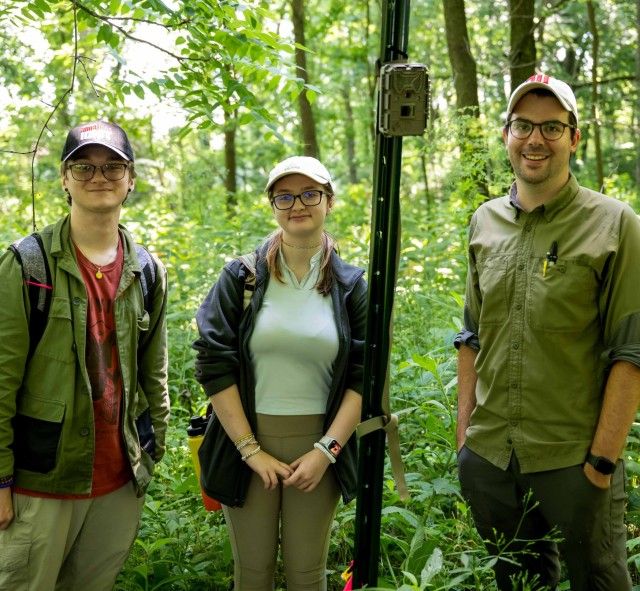Professors Stefne Broz, associate professor of communication, and Kelly Dillon, assistant professor of communication, teamed up for a research project that earned them a “Top Paper” designation in the Media Communication division at the recent Eastern Communication Association (ECA) conference.
Dillon was originally slated to present their work, The Stories Behind the Numbers: The Role of Mediated Narratives in Evoking Empathy Toward Stigmatized Individuals and Groups, at the upcoming ECA conference in Baltimore, Maryland, on April 4, but the conference was canceled amid the COVID-19 health crisis.
While Broz and Dillon are disappointed they will not have the opportunity to present and discuss their work with colleagues at the ECA conference, they are pleased with the “Top Paper” designation and plan to pursue publication in a journal in the discipline.
The project began during Broz's recent sabbatical when she invited Dillon on board because of her prior research on cyberbullying and its connection to empathy. With financial support from Wittenberg's Faculty Research Fund, they designed and carried out an experiment that exposed participants to either numeric or narrative information about members of a marginalized group. The marginalized groups that they chose to focus on were undocumented immigrants and opioid addicts. The research focused on investigating whether the type of information participants received affected the empathy they felt, how they attributed blame, and other attitudes toward the individual or group.
“Results were mixed, but the most striking findings suggest that narratives were better able to evoke empathy and more positive attitudes toward the undocumented immigrant(s) than the opioid addict(s),” Broz said.
On the other hand, when given numeric information about undocumented immigrants, participants evoked much less empathy. Broz believes that the media may have something to do with this.
“Perhaps numeric information plays upon people's media-induced fears of large numbers of outsiders coming to the United States,” Broz explained.
When testing how much undocumented immigrants and opioid addicts should be blamed for being in their respective situations, participants viewed opioid addicts as being significantly more to blame for their situation than the undocumented immigrant.
“[This suggests] narrative may help or hinder the process of evoking empathy,” Broz said.
According to its website, the ECA was established in 1910 and stands as the longest-running professional communication association in the country. Scholars participate in the ECA on a state, regional, and national level with awards given annually and nominations sent out every fall. Honorees are announced at the annual convention. The theme for the 2020 conference was slated to be “Harboring Innovation.”






